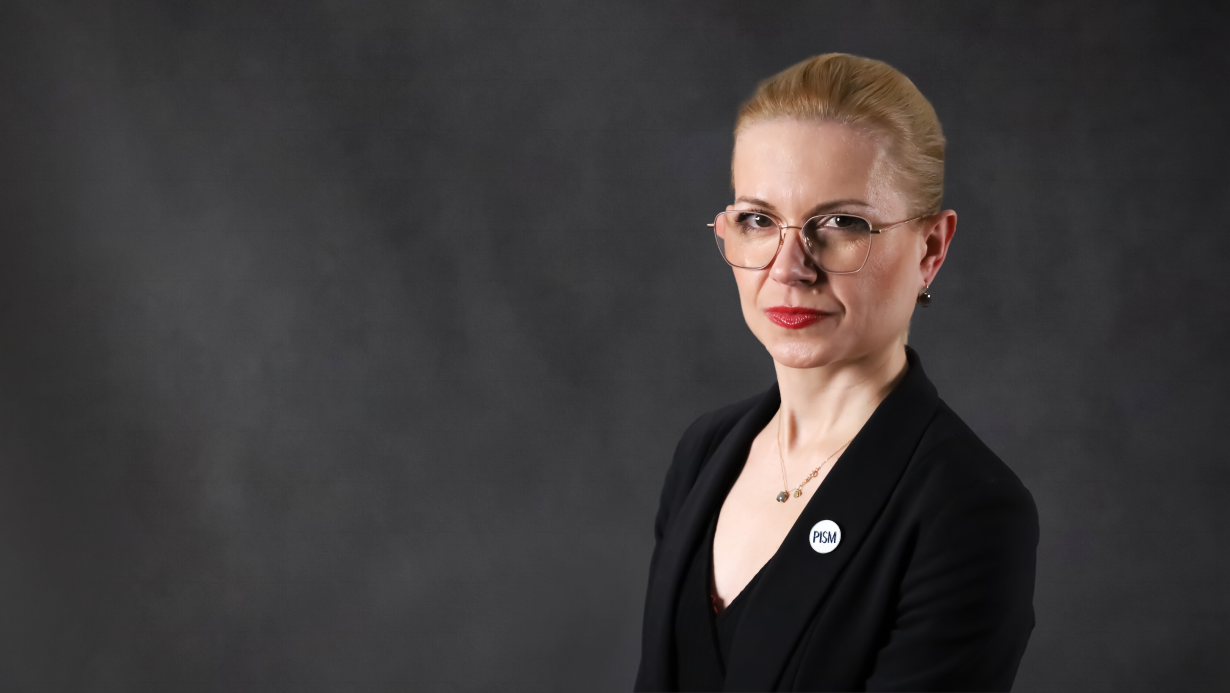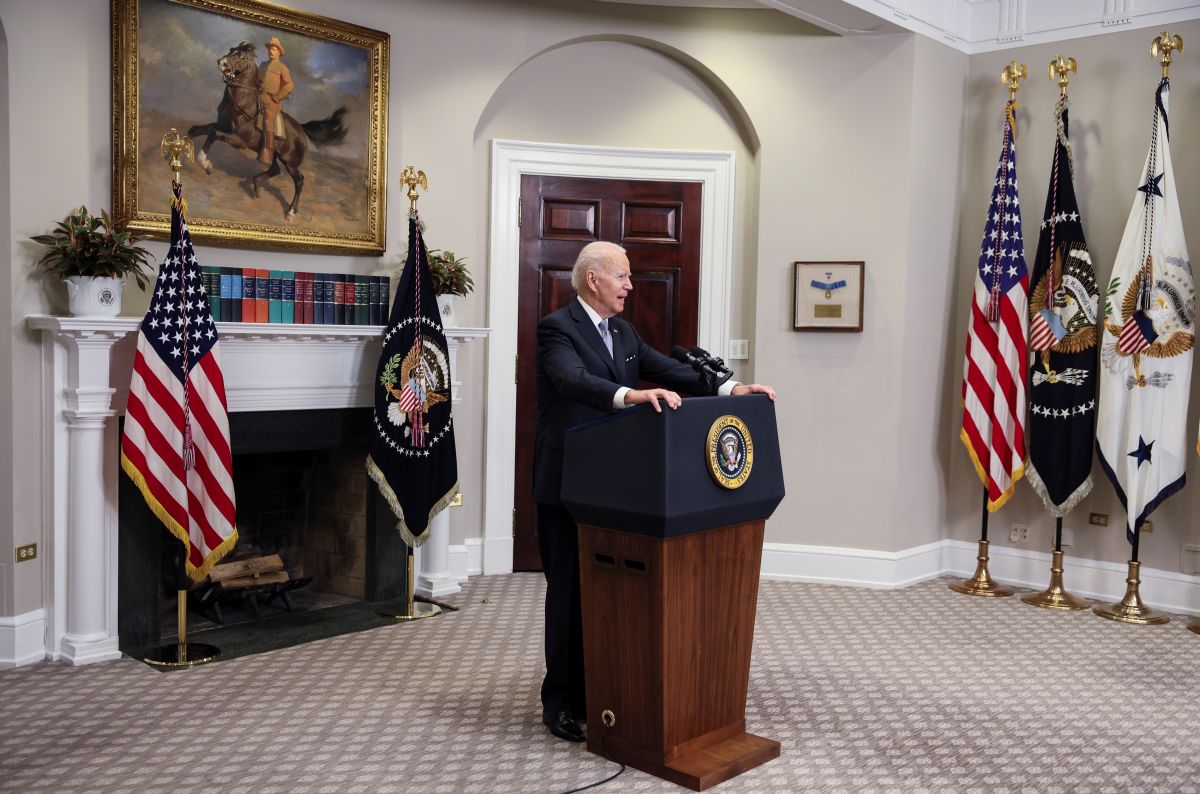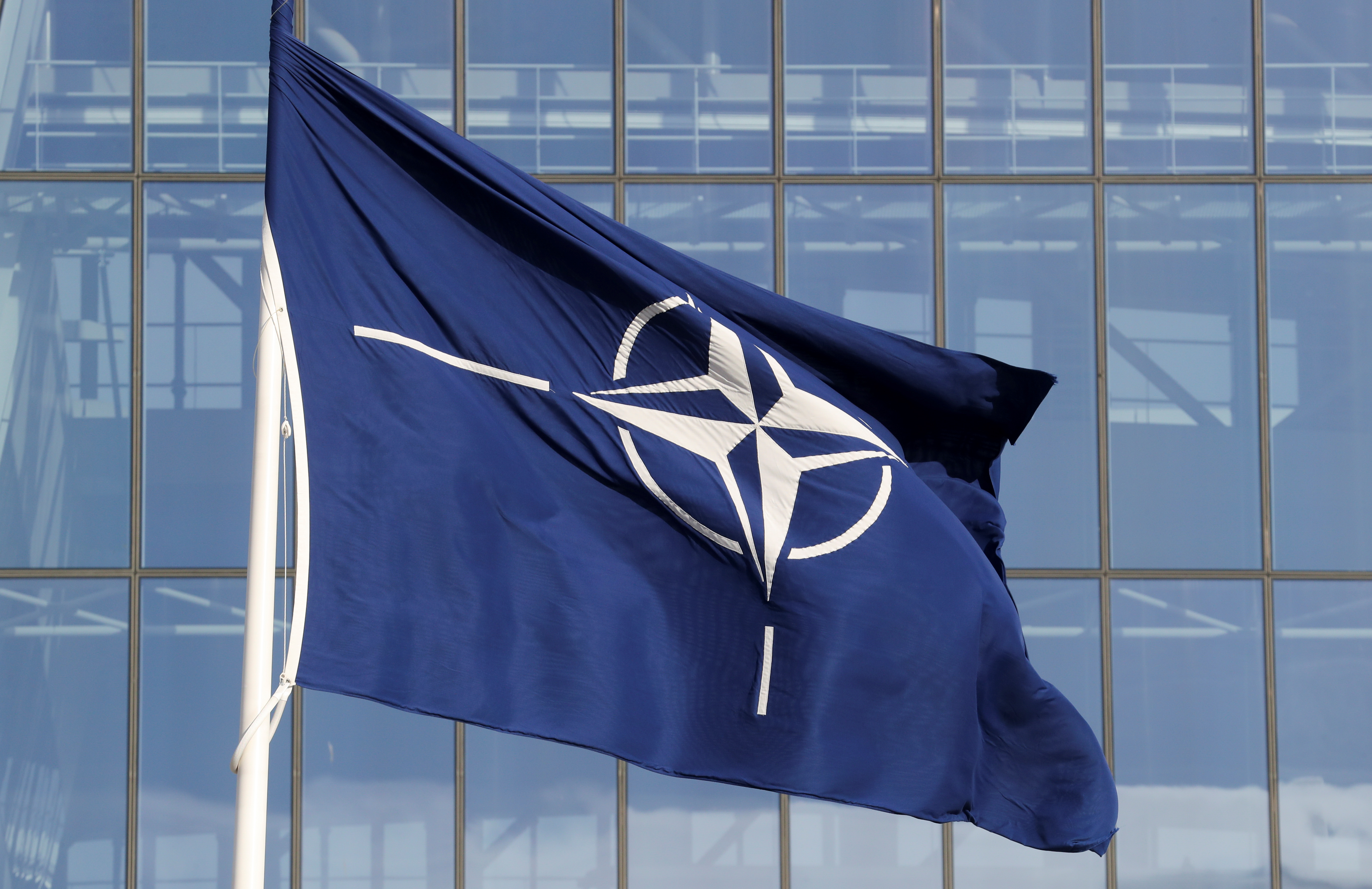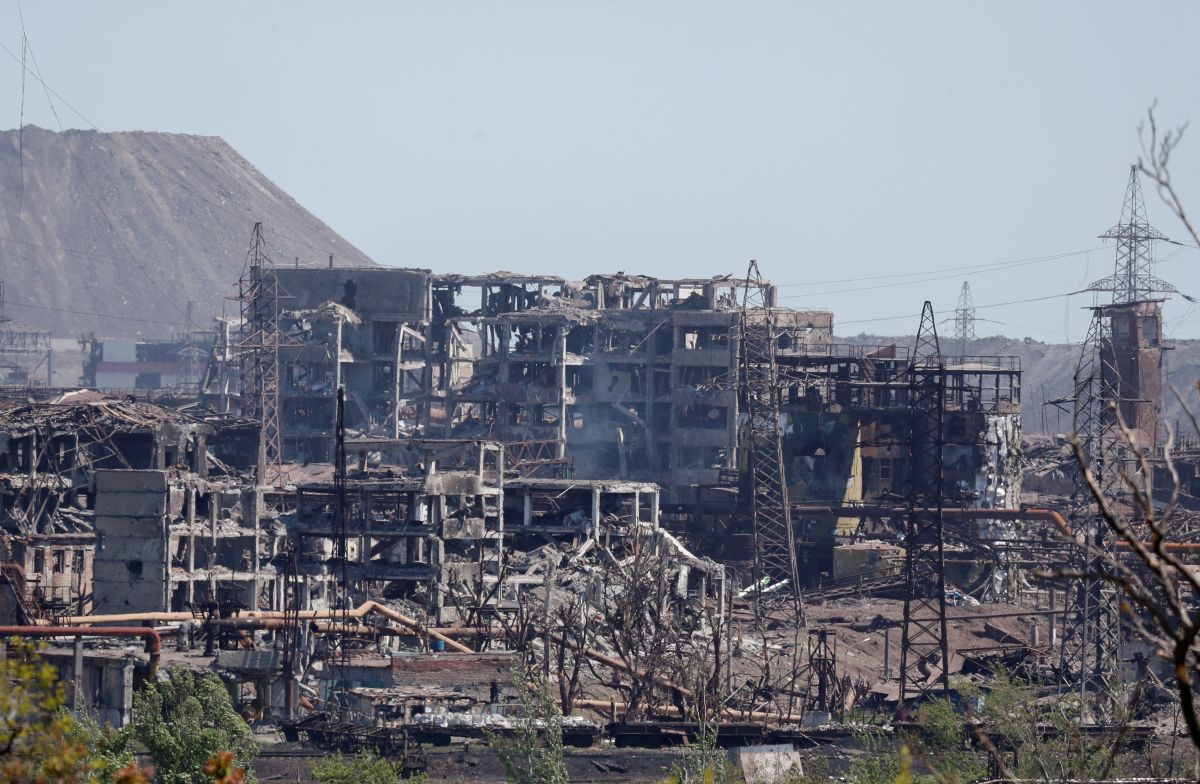Estonia's Response to the Russian Aggression Against Ukraine
Estonia shows an uncompromising attitude towards Russia after its aggression against Ukraine. Its rearming of the Ukrainian military is significant and is seen as a necessary element of NATO support. Estonia also supports the sanctions policy on Russia, including isolation of the country and withdrawal from imports of energy resources from it. Estonia underlines that the Alliance should strengthen its deterrence and defence capabilities towards Russia, and in particular increase the presence of allied troops on the Eastern Flank.
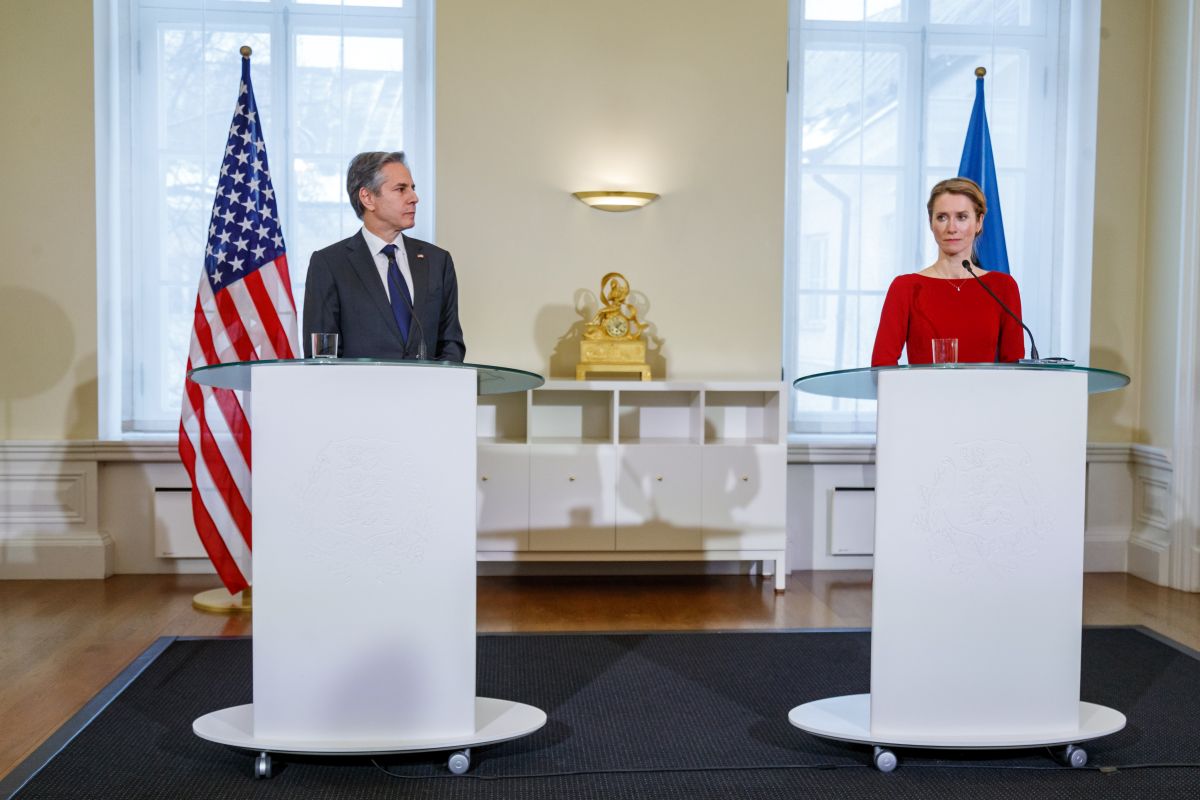 Eero Vabamägi/ Scanpix Baltics/ FORUM
Eero Vabamägi/ Scanpix Baltics/ FORUM
Estonia’s Support for Ukraine
Estonia has supported Ukraine militarily and financially since the beginning of the invasion. It has sent to Ukraine Javelin anti-tank missiles, anti-tank grenade launchers, guided anti-tank systems, armoured vehicles and other materiel. It won Germany’s consent to hand over howitzers produced by that country and sold to Estonia after Germany initially hesitated to authorise such transfers. According to the Estonian Centre for Defence Investments, the value of military aid given to Ukraine as of the end of April amounted to €230 million. Estonia also provides personal protective equipment as well as medical (€3.5 million) and humanitarian aid (€10 million from public and private funds). In total, Estonia’s support amounts to about 0.8% of its GDP, which makes it a leader from this perspective. Estonia accepted 37,000 refugees from the conflict, and the parliament approved legislation to make it easier for Ukrainians to work in the country and guarantees a wage of at least 80% of their salary in a given industry.
The Estonian authorities call on NATO and the EU to become more involved in Ukraine. President Alar Karis, who, together with the presidents of the other Baltic States and Poland, were among the first leaders to pay a high-level visit (13 April) to Kyiv since the outbreak of the war, assessed the efforts of the West to date as insufficient, pointing to the need to continue supplying equipment to Ukraine. Prime Minister Kaja Kallas, in turn, calls for maintaining the unity of Western countries, especially in view of the protracted war.
Estonia also supports Ukraine’s Euro-Atlantic integration. President Karis was a signatory to a letter by eight Central European leaders requesting Ukraine’s integration with the EU, and the Estonian government approved a position supporting these aspirations. Estonia also supports Ukraine’s membership in NATO, expressed on 28 February, just four days after the start of the invasion during a meeting of the speakers of the parliaments of the Baltic States in Riga. Their commitment was also evident a month after the start of the war when they were the first foreign heads of parliaments to meet in Kyiv with President Volodymyr Zelensky, at which time they adopted a declaration on restoring security in Europe with Ruslan Stefanchuk, chairman of the Supreme Council of Ukraine.
Position on Russia
Since the start of Russia’s large-scale invasion, Estonia has demanded that the EU effectively isolate Russia in the international arena, and it is taking community and regional measures to make this happen. From the very beginning, Estonia has supported all sanctions packages imposed on Russia. It has closed its borders to the east and made it impossible for Russian and Belarusian civilian transports to enter its territory despite the risk of losses for its own industry. It also calls on the EU to become completely independent of Russian energy resources. To this end, together with Finland, it plans to build a floating LNG terminal off the Finnish coast, with gas deliveries scheduled to start in November 2023. A letter signed by the prime ministers of Estonia, Lithuania, Latvia and Poland also called on international companies in the technology industry to fight disinformation and Russian propaganda.
Estonia also undertakes its own independent initiatives in response to the Russian aggression. It was one of the first countries to close its airspace to Russian airlines (on 26 February). It also expelled Russian diplomats, including, like the other EU countries, those on a charge of spreading disinformation. Moreover, it also closed its consulates in St. Petersburg and Pskov in Russia. The Estonian Office of Consumer Protection and Technical Regulation ordered telecommunications companies to block access to many Russian news portals, including lenta.ru and tass.ru. Estonia has temporarily suspended applications by Russian and Belarusian citizens for e-residence, which is a digital identity that grants access to digital and other services. The Estonian Ministry of Culture announced that it will not sign cooperation agreements with Russian entities for three years. The parliamentary group on Estonian-Russian friendship has suspended its activities. After the massacre perpetrated by the Russian army in Bucha, which Prime Minister Kallas assessed as genocide, Estonia announced its support for investigations conducted by the Ukrainian prosecutor's office and the International Criminal Court.
The Impact of the Invasion on the Estonian Political Scene and Security Policy
Russian aggression translates into the political preferences of Estonians. It changed the poll support for the co-rulers of the centre-right and liberal Reform Party and the centre-left and populist Centre Party, which in mid-February each had around 20% of the vote. After the outbreak of war, the Centre Party, a group supported by a majority of Estonian ethnic Russians (about 25% of the population) and previously cooperating with Vladimir Putin’s United Russia, lost 5 percentage points. Centre immediately broke its Russian ties and expressed support for Ukraine, which let it partially recover from its losses as of the beginning of May, but it is still only at about half the level of the Reform Party, which has increased to 36%. The nationalist Conservative National Party, which before the invasion was the most popular single party, has dropped a few percentage points (to 19% in May), while the liberal, extra-parliamentary Eesti200, which even slightly led the polls in mid-February, is now at 13%. They all condemn the Russian aggression against Ukraine.
The Russian aggression has led to changes in Estonian security policy. Prime Minister Kallas does not point to a direct threat to Estonia and the other Baltic States from Russia, but points out that the invasion of Ukraine requires greater involvement by NATO in defence measures. That is why it supports adaptation of the Alliance’s strategy to the new reality, and also calls for increasing the presence of troops on the Eastern Flank. She reiterated these points in talks with UK Prime Minister Boris Johnson at the Estonian Tapa base where British soldiers are stationed as part of NATO’s enhanced Forward Presence (eFP), and in talks with U.S. Secretary of State Antony Blinken. At that time, she pointed to the need to develop air defences not only in Estonia but also in the other Baltic States. In 2022, the number of Alliance forces in Estonia almost doubled to 1,700.
In the context of the NATO summit in Madrid scheduled for June this year, Estonia considers support for the Alliance’s open-door policy, the deepening of cooperation with the EU, and the development of new technologies as key. Therefore, Estonia positively assesses the membership perspective of Finland and Sweden as significantly strengthening security in the Baltic Sea region. It also advocates the development of European defence capabilities if they are compatible with the Alliance’s activities. It announces an increase in defence funding, from 2.31% of GDP in 2021 to 2.44% in 2023. The development of medium-range air defences will be a priority. Estonia is to modernise the Amari airbase and, together with Lithuania and Latvia, to acquire (by 2024) multiple-launch rocket artillery systems (MLRS) and additional airspace control radars. It also plans to strengthen cyber protection and further develop Estonia’s territorial defence grouping, the Defence League (Kaitseliit).
Conclusions and Perspectives
Estonia’s reaction stands out due to its strong support for Ukraine and its unequivocal attitude towards Russia, as well as the often-pioneering nature of its actions. While arming Ukraine, it points out that large-scale support is essential for the effective containment of Russian aggression. At the same time, Estonia supports Ukraine’s EU aspirations. In the context of NATO members increasing their defence potential in the region, Estonia points to the need to further strengthen the Eastern Flank and the need for membership of Finland and Sweden in the Alliance. This position means that Estonia continues to be one of Poland’s closest partners in eastern security matters.
Estonia’s determination to act for Ukraine is fostered by a broad political consensus, despite the significant percentage of the Russian-speaking population. Russia’s aggression also translates into support for the main political parties. This will be important during the parliamentary elections at the beginning of next year when Estonia’s opposition to Russia’s policy may become even more determined. It could lead to, for example, further limits on economic cooperation between the two countries.


